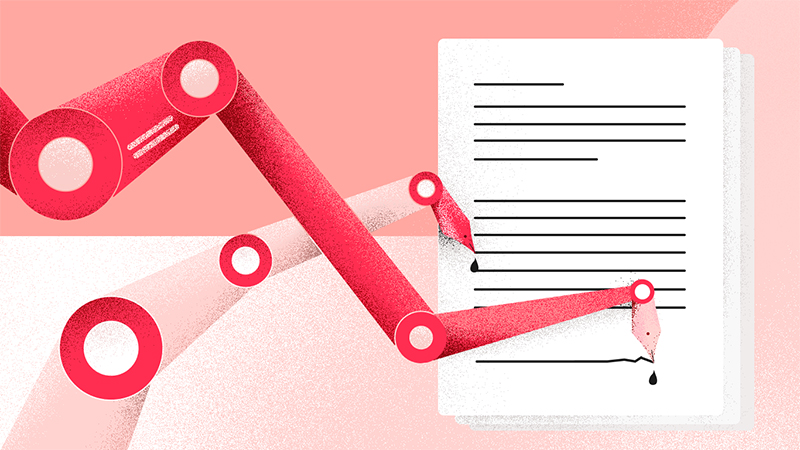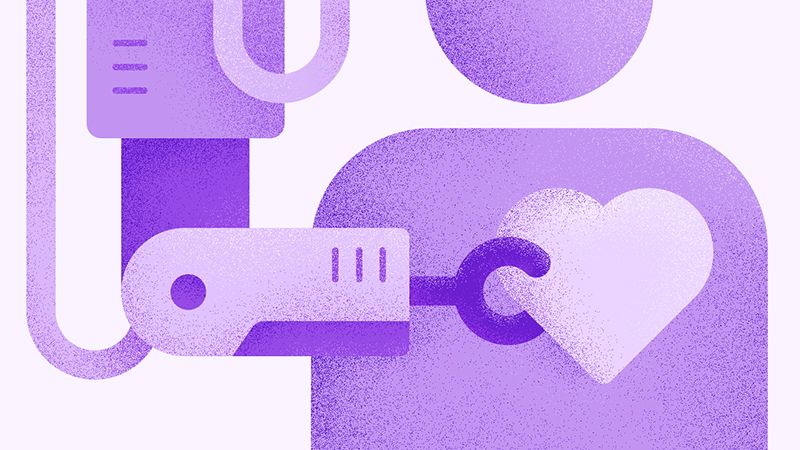For professionals in the medical field, homeownership is a difficult and lengthy process. It can be difficult to buy houses due to the long duration of training requirements and low savings. However, those who work in the field are faced with more problems when they attempt to buy their own homes. This is mainly because of the huge amount of debt they have accumulated during their studies. This could make it impossible for them to have enough time to begin families which require mortgages.
With the help from a mortgage advisor medical professionals can now be the owners of their own homes. This kind of loan is designed specifically for these individuals and allows these individuals to obtain a loan even when they don’t have the perfect credit score or income as it takes into account things such as bonuses from work and other bonuses. People looking to refinance existing debt might also use the same method. Imagine how much easier life could be if you weren’t required to pay extra for increasing-interest debts.

It can be difficult to purchase a house for doctors.
It’s not just the mortgage broker who needs to deal with your house purchase. There are additional challenges that medical professionals will confront when seeking approval to purchase this kind of property. This includes everything from dealing with mental health issues brought on by stress from the purchase of a home or other financial worries like job loss all while maintaining professionalism in conversations where emotions could be affected due to both participants being involved in intense negotiations.
The length of schooling is long and expensive.
The journey to become doctor is lengthy and challenging. It can take at least 12 year. First, one must earn a master’s degree, which can take four or more years, depending on where they’re studying and which requirements are in each specific program or specialization within the field of internal medicine and any additional prerequisites that are required prior to going to graduate school. After that, there are only about three to seven more period of training that can last from 1 year up until the residency requirements are met. each variation with different lengths however there’s usually no significant changes in this timeframe unless an unexpected event occurs.
It’s harder for medical students to save funds to purchase a home. With the extra schooling they must complete, it’s not until their late 30s when they’re in a stable job and earn enough money to afford housing for themselves. Although mortgage rates aren’t too high, buying houses is still cheaper than renting. But it comes with a cost. Mortgage lenders could claim your entire home if you fail to make the required payments.
Credit History and Underwriting
The mortgage application process typically requires you to provide income information, bank statements, and credit scores. It can be challenging for medical professionals in providing a long time period of continuous work. The underwriter might not have the records that could allow them to make a decision regarding whether or not to enroll you in payment plans.
Costs in advance
Many people find it difficult to save enough funds for medical expenses. Doctors need a down payment and closing expenses, which can be costly because of the long period of time from when money have to be first saved up until all these events occur while taking care packages into account.
For more information, click Doctor mortgages



